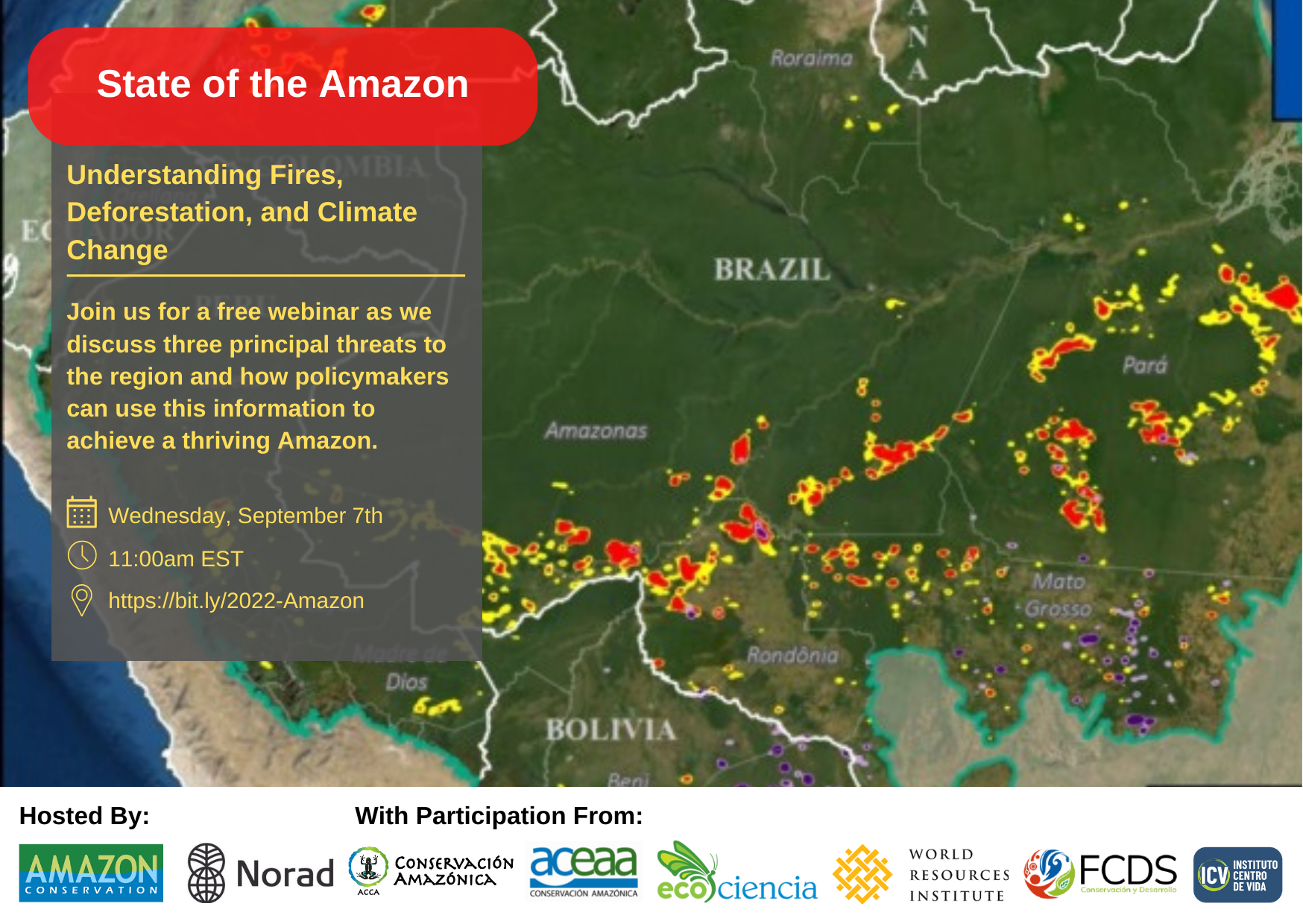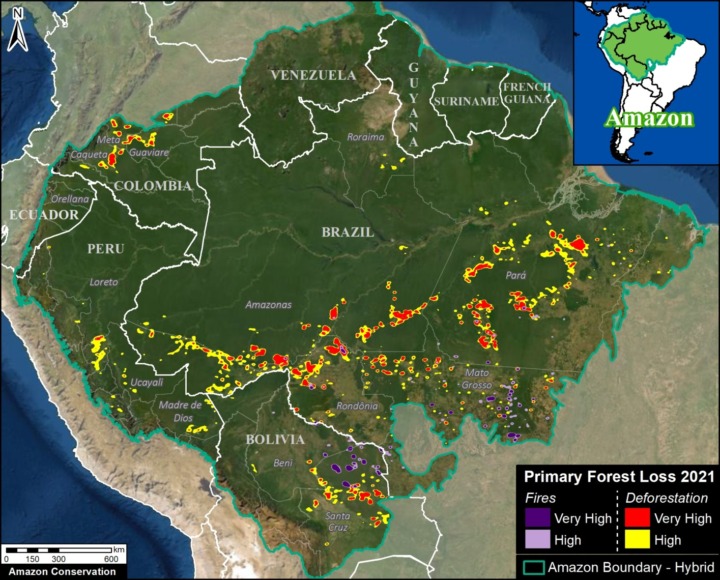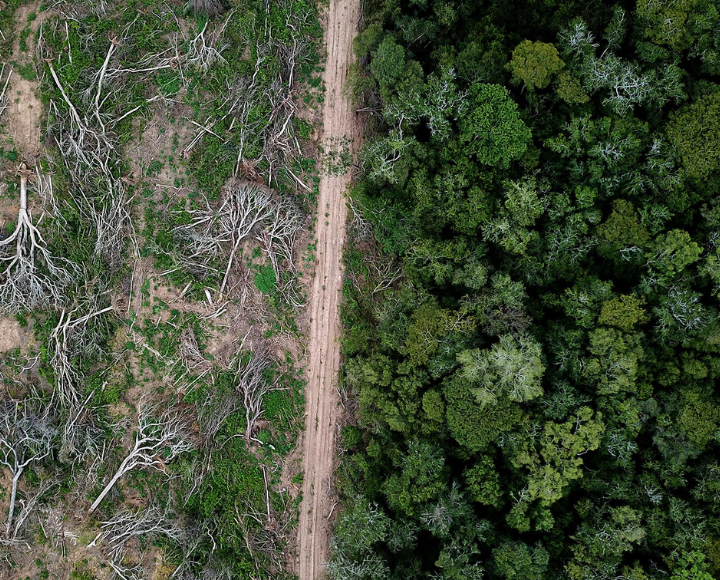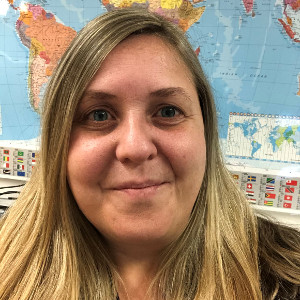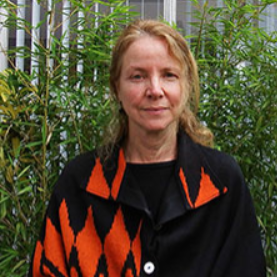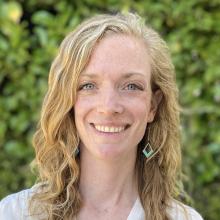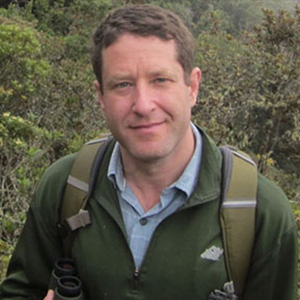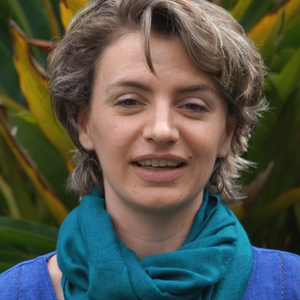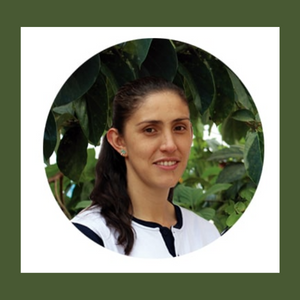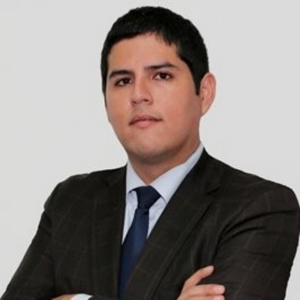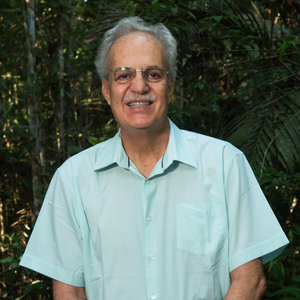John Beavers
John Beavers is the Executive Director of Amazon Conservation and is responsible for its overall leadership and management. John has spent his career focused on conservation in Latin America ranging from on-the-ground conservation in the Maya Forest of Guatemala, Belize and Mexico to strengthening conservation organizations across Latin America. Prior to starting with Amazon Conservation in 2019, he spent seven years leading Audubon's international conservation efforts to protect key bird habitats and biodiversity in Latin America and the Caribbean. While there, he launched Audubon’s first international conservation strategy to guide Audubon's efforts outside of the United States, and developed and led innovative projects, including a $2.6 million bird-based-tourism partnership with the Inter-American Development Bank (IDB), and a regional climate plan that linked conservation organizations across 12 countries. Previously, he worked for seventeen years with The Nature Conservancy in Latin America, and lived in Guatemala where he led the Conservancy’s Guatemala and Central America Programs and helped lead national level conservation finance and policy actions, including a $24.4M debt-swap between the Guatemalan and US Governments. John has a Master’s degree from the University of Massachusetts, Amherst in Natural Resource Economics and an undergraduate degree in Political Science from Rutgers University.
Hilde Dahl
Hilde has worked with Norad in the Department for Climate, Energy & Environment. Section for Climate, Forest and Green Economy since 2015. She previously served in various roles for the Norwegian Embassy in Norway and the Democratic Republic of the Congo. She holds a Master's Degree from the University of Oslo and Bachelor's from Sciences Po in France.
Carmen Josse
Carmen holds a PhD in Biological Sciences with a specialty in vegetation and biogeography. Her experience lies in producing and managing information on biodiversity to support its planning processes, management and conservation policies. Carmen handles methods and products for classification, mapping and evaluation of ecosystems at the national level and throughout Latin America. She has experience with georeferenced tools for evaluating the adaptation of ecosystems to climate change, quantitative analysis of threats and monitoring of conservation objectives.
Michelle Sims
Michelle Sims is a GIS Analyst with Global Forest Watch (GFW), where she prepares spatial data and research outputs for the GFW platform. She supports various projects, including the Global Forest Review, mapping drivers of deforestation, and research related to carbon fluxes in forest and non-forest ecosystems.
Previously, Michelle worked at a non-profit called EcoAgriculture Partners in Washington, D.C., on programs that used integrated landscape management to improve environmental, economic, and social outcomes in biodiversity-rich agricultural landscapes. Prior to that, she worked for at a non-profit called Pueblo a Pueblo in Santiago Atitlán, Guatemala, managing a project that aimed to strengthen the economic security of coffee farmers through beekeeping and honey production.
Michelle holds a B.A. in International Relations and Spanish from the University of California, Davis and an M.S. in Energy and Resources from the University of California, Berkeley. Her Master's research used remote sensing and geospatial modeling to analyze land use change and habitat connectivity in the Northern Coast of Honduras.
Matt Finer
For the past two decades, Matt has been dedicated to investigating threats to the Amazon. As part of this effort, he has been especially focused on advancing the dynamic field of real-time, satellite based threats monitoring from deforestation and fires. Following years of Amazon-based work, Matt came aboard Amazon Conservation in 2013, and in 2015 launched MAAP (Monitoring of the Amazon Project) as the organization's dedicated real-time monitoring program. Under his leadership, MAAP has published over 130 high-impact public reports on critical topics including Amazon fires, illegal gold mining, illegal logging, expansion of the agricultural frontier, and road construction. He also works closely with colleagues in Amazonian countries to convert the technical findings into effective policy action. Matt received his Ph.D. from the School of Biological Sciences at Washington State University in 2003 and got his start as an undergrad in the Ecology and Evolution department at the University of Pittsburgh. Prior to joining Amazon Conservation, he was a Project Scientist for the Center for International Environmental Law (CIEL) Sustainable Loreto project and Staff Ecologist at Save America’s Forests. Matt received his Ph.D. from the School of Biological Sciences at Washington State University in 2003.
Daniel Larrea
Daniel is the Science and Technology Program Coordinator with Conservación Amazonica-ACEAA, in Bolivia. His primary interests include the function, history and responses of flora and vegetation to human disturbances, which requires diverse types of biogeographical, ecological and management tools for biodiversity conservation. Previously, Daniel worked for the National Comptroller General (Contraloría General de la República), from 1999-2001, and the Amigos de la Naturaleza Foundation, from 2009-2014, and he has worked with Conservación Amazonica-ACEAA since 2015. He has been an environmental consultant for the Instituto de Ecología, Agua Sustentable, Sociedad Biodiversa, FUND-ECO and vice president of the Plurinational State of Bolivia, among others. In 2013, Daniel received the “Martín Cardenas” Award for Botany, awarded by the National Science Academy of Bolivia.
Alice Thuault
With 15 years of work at ICV, Alice led the construction of concrete solutions to control deforestation and mitigate climate change. In this context, she implemented research on climate policies and forest governance and developed considerable experience in negotiating with different actors at the State and Federal levels, be they public, private, civil society, or representatives of traditional communities.
Luz Alejandra Gómez
Alejandra is a GIS specialist with a degree in Cadastral and Goedesy Engineering from Universidad Francisco Jose de Caldas.
Humberto Balbuena
Lawyer, with a Master's Degree in Regulation of Public Services and Infrastructure Management from the Universidad del Pacífico. He is a specialist in regulation of public services and administrative and environmental law with more than 10 years of professional experience in the preparation of legal reports, regulatory projects, and implementation guidelines.
Carlos Nobre
Carlos A. Nobre is an Earth System scientist from Brazil. He graduated in Electronics Engineering from the Aeronautics Institute of Technology (ITA), Brazil, in 1974 and obtained a PhD in Meteorology from the Massachusetts Institute of Technology (MIT), USA, in 1983. He dedicated his scientific carrier mostly to Amazonian and climate science at Brazil’s National Institutes of Amazonian Research (INPA) and Space Research (INPE). He proposed almost 30 years ago the hypothesis of Amazon ‘savannization’ in response to deforestation. He was Program Scientist of the Large-Scale Biosphere-Atmosphere Experiment in Amazonia (LBA). He is a former National Secretary of R&D of Ministry of Science and Technology of Brazil and former President of the Federal Agency for Post-Graduate Education (CAPES). He is foreign member of the US National Academy of Sciences, member of the Brazilian Academy of Science and of the World Academy of Science. He was one of the authors of IPCC AR4 awarded with the Nobel Peace Prize in 2007. He is presently a senior researcher with the Institute for Advanced Studies, University of São Paulo and the creator of the Amazon Third Way-Amazonia 4.0 Initiative that seeks a new development paradigm based on a biodiversity-driven bio-economy utilizing modern technologies of the Fourth Industrial Revolution.
